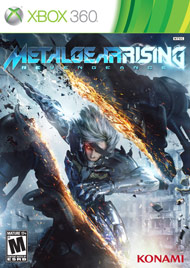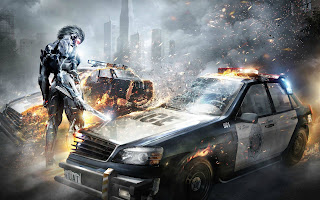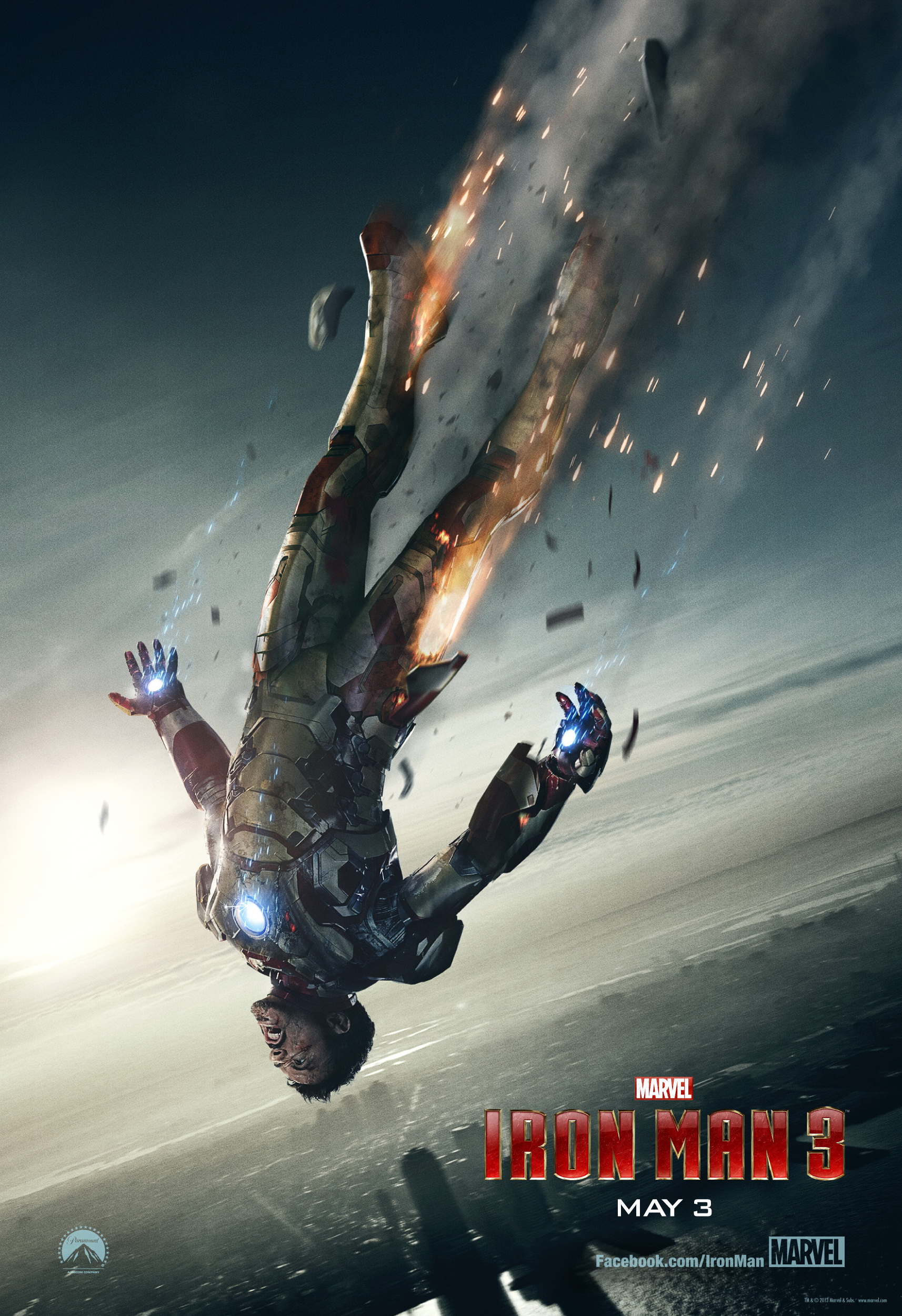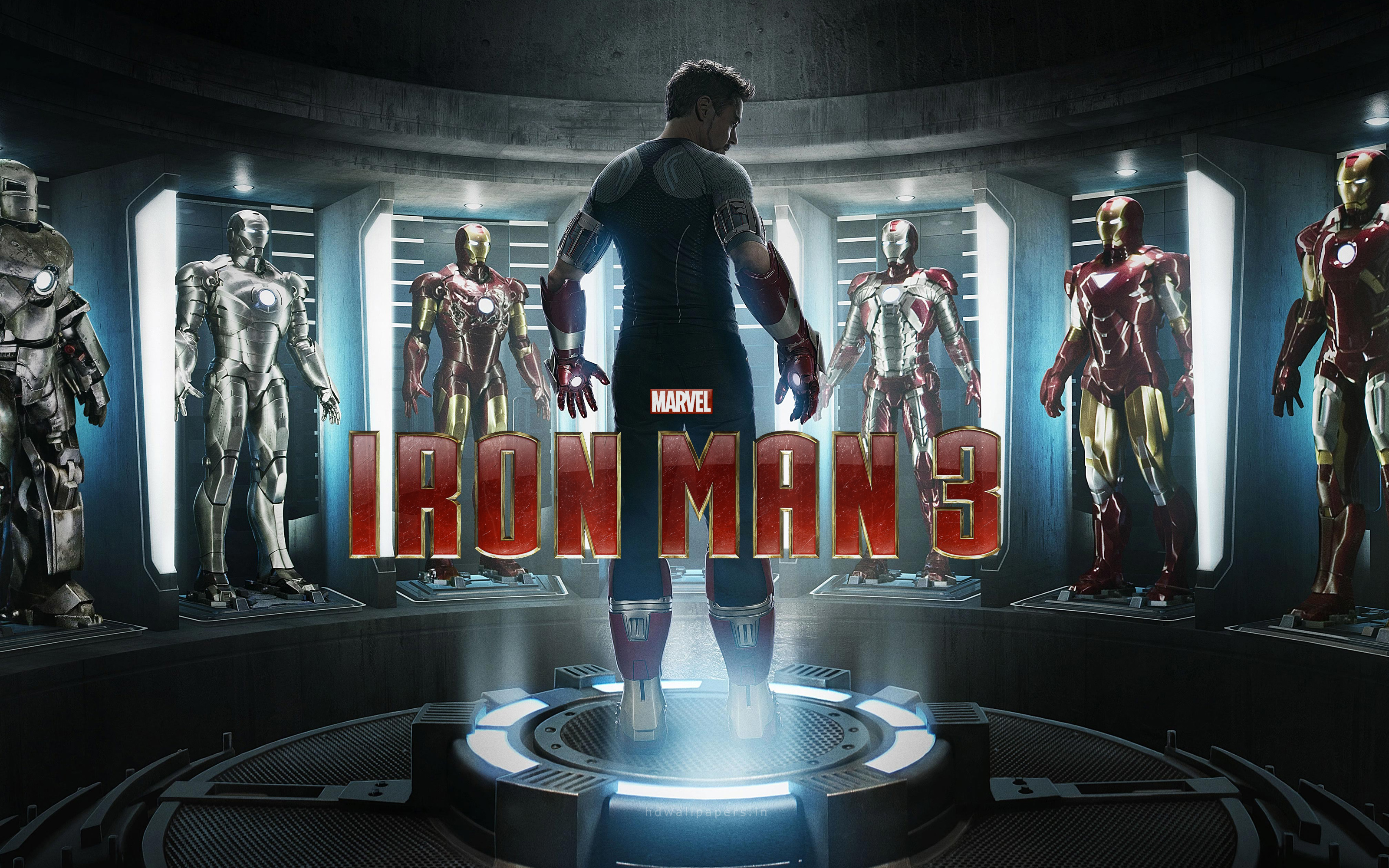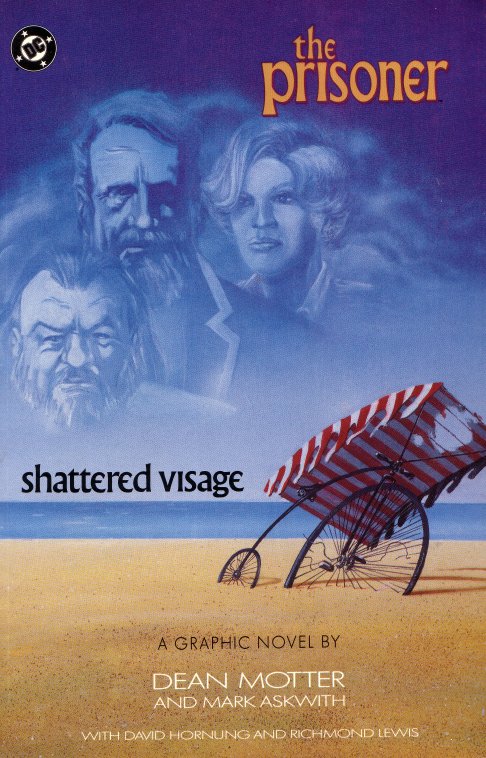Metal Gear Rising is a much more thoroughly straight-forward in its satire than its sister title
Metal Gear Solid. Despite this, its themes are no interesting. After the somewhat overwrought dissection of the War Economy and Media Control in
Metal Gear Solid 4: Guns of the Patriots,
Metal Gear Rising: Revengeance returns to a more grounded reality. Well, a more grounded realiy with cyborg ninjas and hundred-foot-tall mechanoids.
The heart of
Metal Gear Rising: Revengeance is the question of violence and its necessity. What level of violence is need to solve the world's problems, if any? It's an old question based around a fundamental problem with no solution. How does one solve the issue of violence without violence? If one side is willing to use violence and the other side isn't, does that mean the side which is willing will win automatically? History shows us examples from both sides.
The
Metal Gear series is decidedly anti-war but the games long struggled with the fact you were encouraged not to kill opponents while, nevertheless, still being a soldier. R
evengeance's protagonist is a character who fully embraces his role as a killer. Throughout the game, he gives various justifications for his violence ranging from "they chose this" to "I am a killer, so this is what I do."
At the start of the game, he discusses the concept of deterrence and how a sheathed sword can prevent others from being drawn. I.e. the threat of violence is more important than the actual use of it. Likewise, he talks about the idea of killing one man to save many. The game dissects this question from multiple angles, pointing it out as both hypocrisy which favors the morality of killers and also as a truth of reality.
Raiden saves many lives by killing villains but he's also confronted by the fact that the people he kills are usually employees, not evil themselves. Those who do evil deeds are unlikely to be intimidated by threats of violence against their minions. In short, deterrence is difficult unless you're willing to strike at those who make the decisions.
Throughout the game, we have Raiden serving as the so-called "sword of justice." The gameplay encourages us to view combat as a ballet of swordplay, combos, and finishing moves. In contrast to
Metal Gear Solid, which is filled with a largely melancholy instrumental score, the game is filled with
Devil May Cry heavy metal which encourages you to enjoy the violence going on. As Raiden is cursed with "Jack the Ripper", his alter-ego who loves killing, so do we experience his blood-lust in a positive manner.
![]() |
| Raiden is not your ordinary hero in many respects. |
Yet, the strongest scene in the game is undoubtedly when Raiden is forced to confront a set of cybernetic policemen who have been brainwashed into being unable to retreat. Raiden is forced to kill them despite having their electronically recorded thoughts projected into his brain. He and we are forced to hear how terrified they are of fighting Raiden and how they have no idea what's going on.
It's a brutal moment that calls into question the philosophy of war where one man is evil but to stop him you may have to kill ten thousand good ones. What about if said evil man was going to kill ten thousand and one or a million? The game gives no easy answers. Instead, it invites you to think about the serious consequences of going to war.
The game's harshest criticism, in-fact, is of individuals who go to war for stupid or ill-considered reasons. America receives a rather brutal slamming in the game not for being the world's sole remaining superpower but having a military policy based on public opinion. The idea of going to war to raise public morale and industry is ruthlessly slammed. The game attributes this to the "toxic meme" of American exceptionalism.
During one scene, Raiden literally pauses in the middle of a battlefield to surf the internet. He discovers that America is going to go to war with Pakistan because a group of mercenaries trying to assassinate the President have been killed (by Raiden). The nuances of the situation are completely lost in favor of the fact Americans have been killed on Pakistan soil.
Unexpectedly, the villain of the piece, Senator Armstrong is repulsed by the typical attitudes of his fellow Americans. He loathes the greed, materialism, self-satisfaction, and lack of ideals amongst stereotypical US citizens. In a time when people have no religion or philosophy (a gross overstatement but reflecting feelings in some circles), being born in a specific place is no substitute for ideology. Unfortunately, his substitute is to try and replace it with an anarchy he believes will foster an environment of the strong.
I think Kojima is being unfair to Americans in this respect. Americans are one of the most religious people on Earth and many others have secular ideologies. There is a strong undercurrent of materialism in the country but it isl, by no means, the defining force behind our politics. Instead of accurately trying to deal with the issue of American exceptionalism, the game just ascribe Social Darwinist theory to its villains. They are all killers and believe the strong should rule the weak.
Social Darwinism is a theory which has mostly been discredited (with good reason). However,
Metal Gear Rising examines an element of it which relates to the eternal conflict between militancy and pacifism. The majority of
Metal Gear Rising villains espouse a doctrine of "might makes right." However, repeatedly, Raiden is confronted with the fact that high ideals mean nothing against his opponents until he's strong enough to oppose them. In short, might doesn't necessarily make right but the right NEED might to enforce it. In short, violence is a tool that those who seek peace need as much as those who profit from war. I appreciated this point.
The game also addresses, though not at length, the use of mercenaries and the problem of vagrant children. While both are issues in the real world, the game argues the real struggle is against human apathy towards them. Both continue to be a problem because people don't care enough to involve themselves. I'm not sure this is true. In my opinion, the larger social-political-economic issues are a great deal more complex than the game indicates but it, at least, made the effort to say the issue deserved more attention than it gave it.
The main villains of
Metal Gear: Revengeance are a PMC which has become so large and prevalent, it has started using advertising to brand itself as a family-friendly brand every American knows. This, despite the fact the PMC has nothing to offer most Americans. It has become normalized to the point it's nothing more than another company. After all, why not? America is a democracy and appoints the leaders which employ private military contractors. I feel highlighting this issue drew attention to the wrong questions to be asked about any company which profits from war.
Yet, unlike previous games where the PMCs are demonized unilaterally, the game also shows Raiden's own military outfit as fairly moral. Raiden points out that most Private Military Contractors are just security providers and treating them all as mercenaries or war profiteers is unfair. It's a nice bit of reality in a game series which has, until now, treated all PMCs as instruments of evil.
Its moral ambiguity on the subject is thrown away, however, with the PMCs use of child-soldiers. Thankfully, this is a subject we can all agree is universally bad. However, the game doesn't just stop at child soldiers but talks about poverty in general. The world is filled with abandoned or vagrant children who are either easy prey for criminals or unable to receive the kind of education which would pull them out of their circumstances. I consider education, alone, not enough but that's a conversation for another time.
Metal Gear: Rising talks at length about how the problems with homeless children are manifold but have been ignored because it is too difficult a subject for most to tackle. The game forces the exploitation and suffering of the defenseless into your face and comes up with an imperfect but workable solution for the individuals involved. Raiden can't save the world but he can possibly save a small number of its citizens.
In conclusion, the game is extremely effective at conveying its ideas of violence. Overall, I think the game comes down on the idea that violence is both necessary but also something not to be trivialized. As a student of the martial arts, however briefly, the first thing I learned was fighting was meant to be a last resort. The game taking the simple philosophy that violence begets violence but one should be prepared for it is a good one, especially when coupled with the knowledge it's something to be avoided when possible.
More games should have this attitude.














